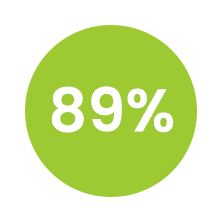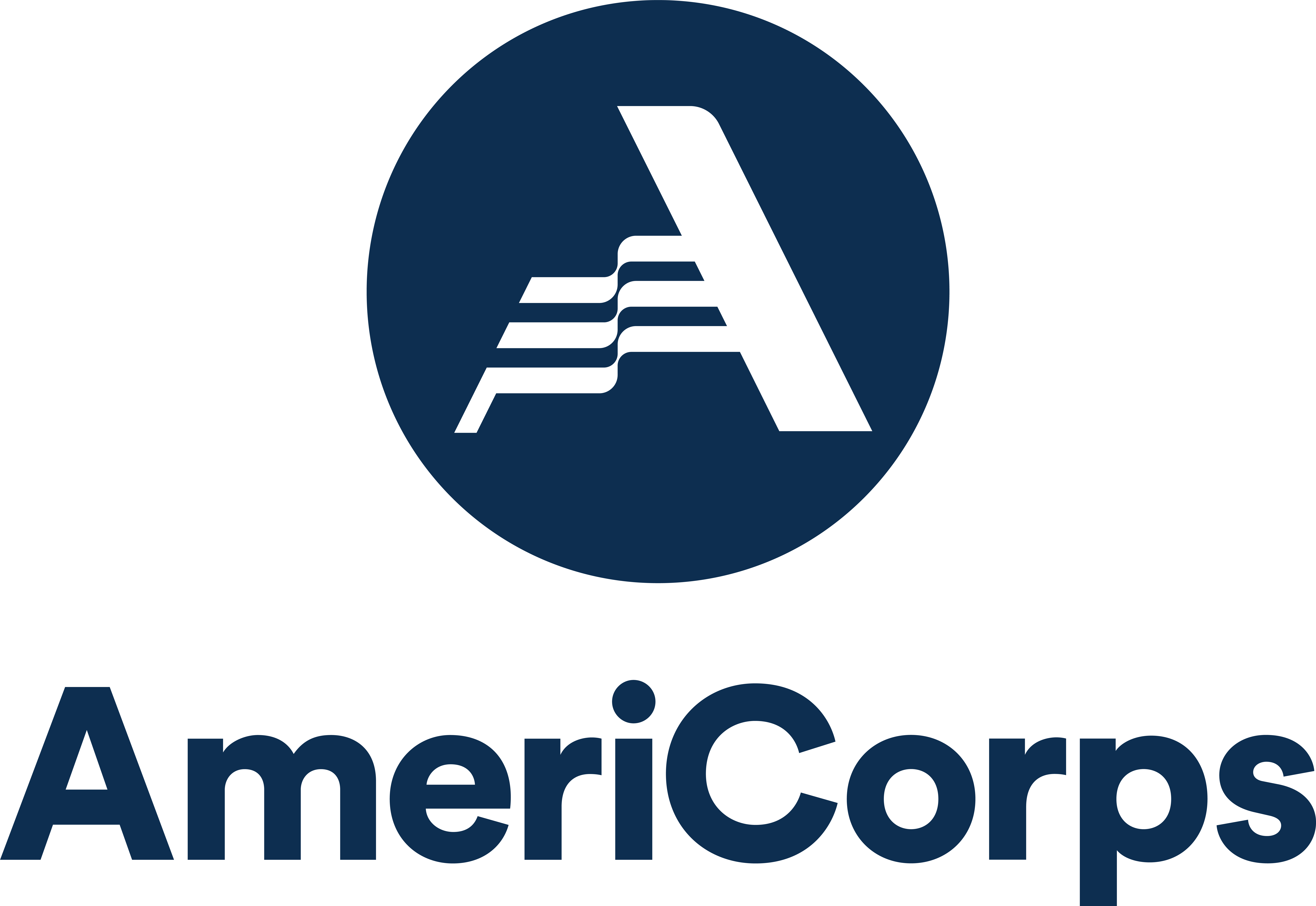One of the most memorable books I've read since I've been here is called “Oil and Honey: The Education of an Unlikely Activist”. It’s a book by Bill McKibben, an environmental activist who writes about the consequences of global warming and how communities must act quickly combat it. Ok, so it is a book about climate change, and not about poverty in eastern Kentucky. But as I was reading, I realized that Bill McKibben’s experience transitioning from an author and “normal person” to an organizer and an activist was resonating with a lot of the feelings I have been having since I came to Kentucky. For me, the key word in the title of the book is “Unlikely”. I got the sense in reading the book that McKibben never wanted to be an activist. He wasn't born to fight. He wrote his first book in 1989 and thought that it would simply enlighten people about the need to curb carbon emissions and that he could go back to a relatively quiet life as a writer. But most people didn't listen, so he found himself forced into writing more and doing more, touring the country giving talks and even getting arrested at the White House protesting the Keystone XL pipeline.
Like McKibben, I feel like I’m becoming something “unlikely” for me. When I came here in August, I thought my year of CAP service was something I could control—like the rest of my life. I don’t want to generalize, but I will say that it seems like I was born into a socio-economic class that believes that it is possible to plan life from beginning to end. I am uncomfortable unless I know what I should do today to make sure I will be guaranteed to be in a certain place in a month, a year, 10 years. The ridiculous thing is that I even preemptively decide what I will learn and what I will gain from each experience I sign myself up for. Which works decently well when, say, registering for Chemistry 10161, but horribly when choosing to throw yourself into a whole new life for a year.
Ironically, the thing that I learned that I wasn’t planning on learning was that you can’t plan what you will learn, given a year in a radically different place. Which is scary because if you can’t plan what you learn, you can’t plan what implications this knowledge will have, what it will morally compel you to do? You may end up turning against the very rules of your society that allowed you to live a plan-able life, rules that dictate who should be praised and respected and who should be pitied for wandering aimlessly around in the dark.
Last summer when I came here, my objective in Kentucky was to learn about “how the other half lives” to figure out what this broken class of people needed to pluck them from poverty into “mainstream America." Instead, I learned how my own class can be broken and blind and wasteful. I learned that maybe I should be more focused on attempting to pluck my own “half” of America from its privilege and ignorance. To shake it from the belief that having more cash makes it ok to use more resources. To tear it from the overly bubbly notion that fighting for justice is a personal statement, a nice embellishment to add to the blueprint of a life, instead of a moral obligation.
Talk about overturned expectations. In fact, I rebelled against the learning process for a while—claimed that I couldn’t find anything to blog about, watched TV instead of thinking. I felt like the whole learning thing was getting out of control. But here I am now, finally breaking my long silence and admitting to myself and everyone else that I’ve learned lots of things, even if it means I can’t unlearn them and go back to a blissful ignorance. And somehow, wonderfully, I am becoming an unlikely version of myself.
Janet Mostrom is a long-term CAP Volunteer serving as an AmeriCorps Food Pantry Caseworker at CAP’s Grateful Bread Food Pantry. She is a member of Rockcastle Community and is a 2013 graduate of the University of Notre Dame. Opinions expressed in volunteer blogs are those of the authors and do not necessarily reflect the views of CAP or the Volunteer Program.







